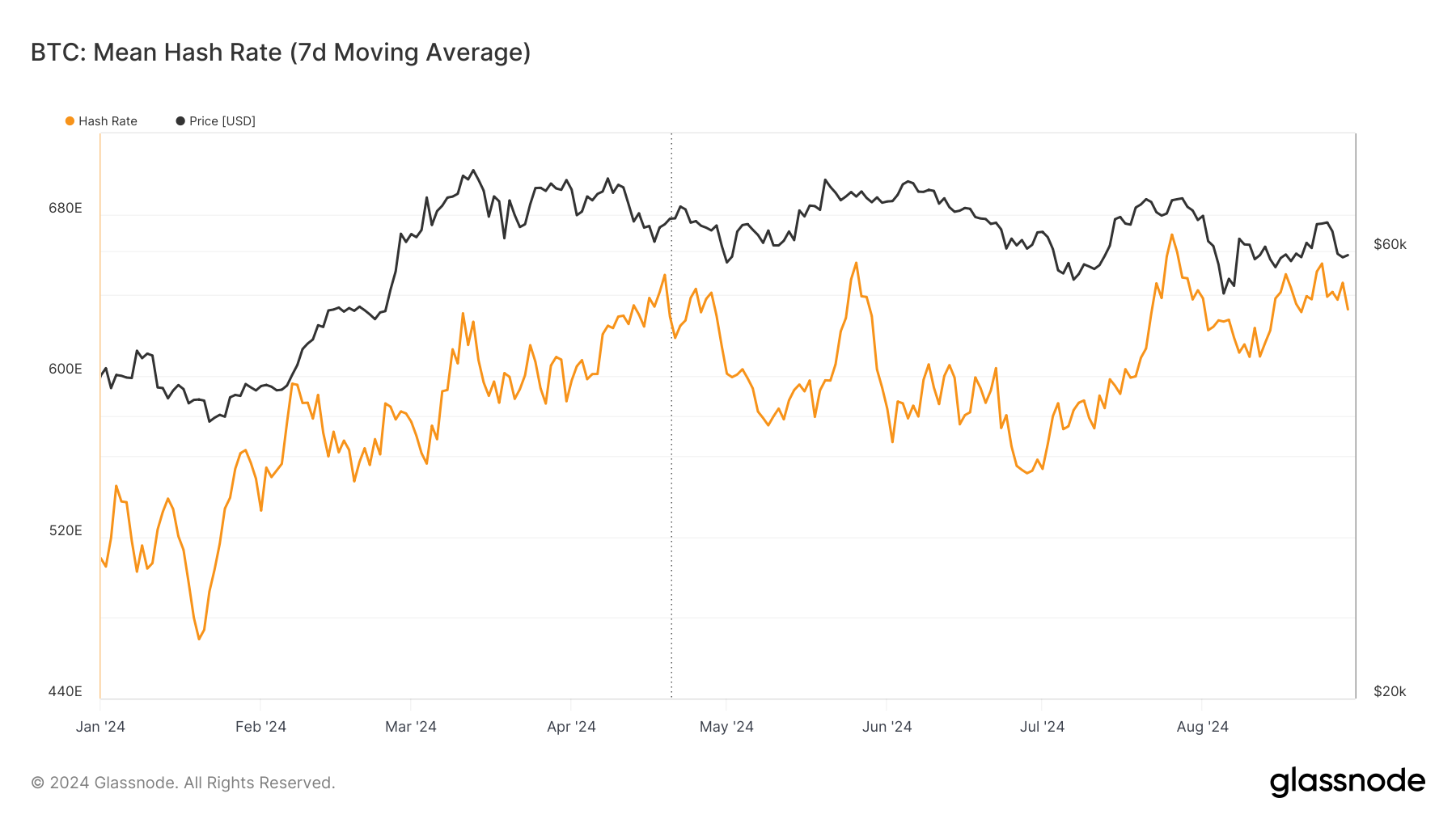Key Takeaways:
- US District Judge Jed Rakoff rejected Terraform Labs’ motion to dismiss the case against the SEC.
- The judge found merit in the argument that the SEC can find crypto assets as securities.
- Following Ripple’s recent win against the SEC, the case is a huge blow.

YEREVAN (CoinChapter.com) — In a recent legal development, a federal judge has ruled against Terraform Labs in its dispute with the US Securities and Exchange Commission (SEC).
District Judge Jed Rakoff rejected Terraform Labs’ motion to dismiss the case. The judge stated that the SEC’s claim about the crypto assets being classified as securities contains valid factual assertions.
“Having now carefully considered the parties’ arguments, the Court concludes that because, according to the well-pleaded allegations of the complaint, the defendants used false and materially misleading statements to entice US investors to purchase and hold on to defendants’ products, and because those products were unregistered investment-contract securities that enabled investors to profit from the supposed investment activities of defendants and others, the motion to dismiss must be denied,”
the ruling reads.

According to the crypto media, the order bears great significance for the industry. It essentially disagrees with a previous decision made by Judge Analisa Torres in the SEC’s case against Ripple Labs.
Judge Torres had previously ruled that XRP sales to retail investors on exchanges did not fall under the category of securities transactions.
Terraform Labs case a blow to previous Ripple victory against SEC?
Many in the crypto industry celebrated the ruling on the XRP case last month. They hailed it as a favorable legal outcome for Ripple. Industry insiders hoped the ruling could be crucial in shaping more favorable crypto regulations within the US.
However, the latest ruling from Judge Rakoff provided a distinct interpretation of the Howey Test.
The test is used to determine whether an asset qualifies as a security.
In what comes as a move away from Judge Torres’s reasoning, the District Judge refused to differentiate between modes of token sales. According to him, whether these tokens were sold to institutional investors or retail investors through secondary markets was irrelevant.
The judge also took a different approach to the Howey Test. He argued that it does not make any such distinction between purchasers.
Judge Rakoff further emphasized that the manner of acquisition does not impact whether the defendant’s actions and statements reasonably promise profits based on their efforts.

Former Securities and Exchange Commission (SEC) official John Reed Stark believes the case could have negative implications for Ripple.
“Judge Rakoff’s decision might be the first, but will certainly not be the last, rejection of the Ripple,”
he argues.
This ruling may have significant implications for the crypto industry. It could influence the regulatory landscape for crypto assets in the United States. As the case unfolds, industry participants and regulators will closely monitor it.



